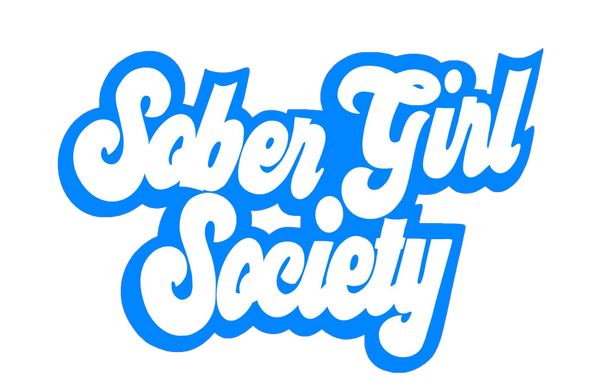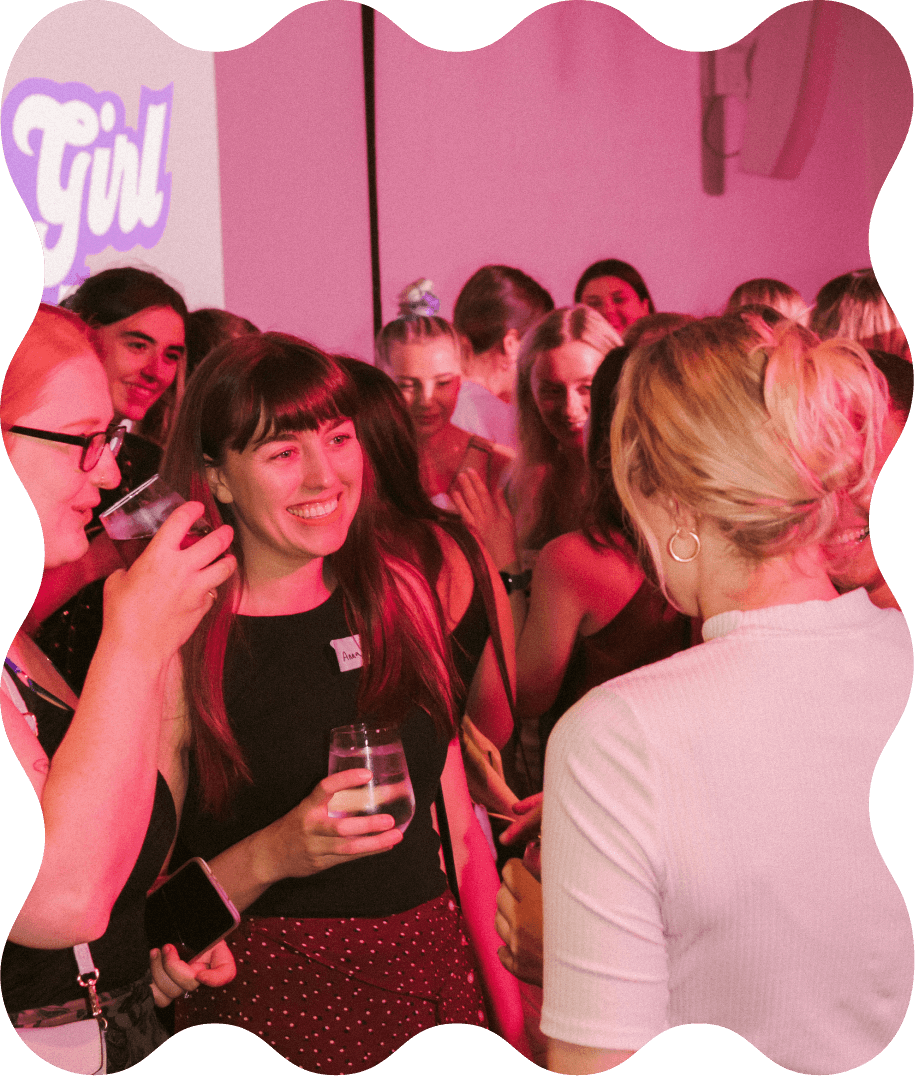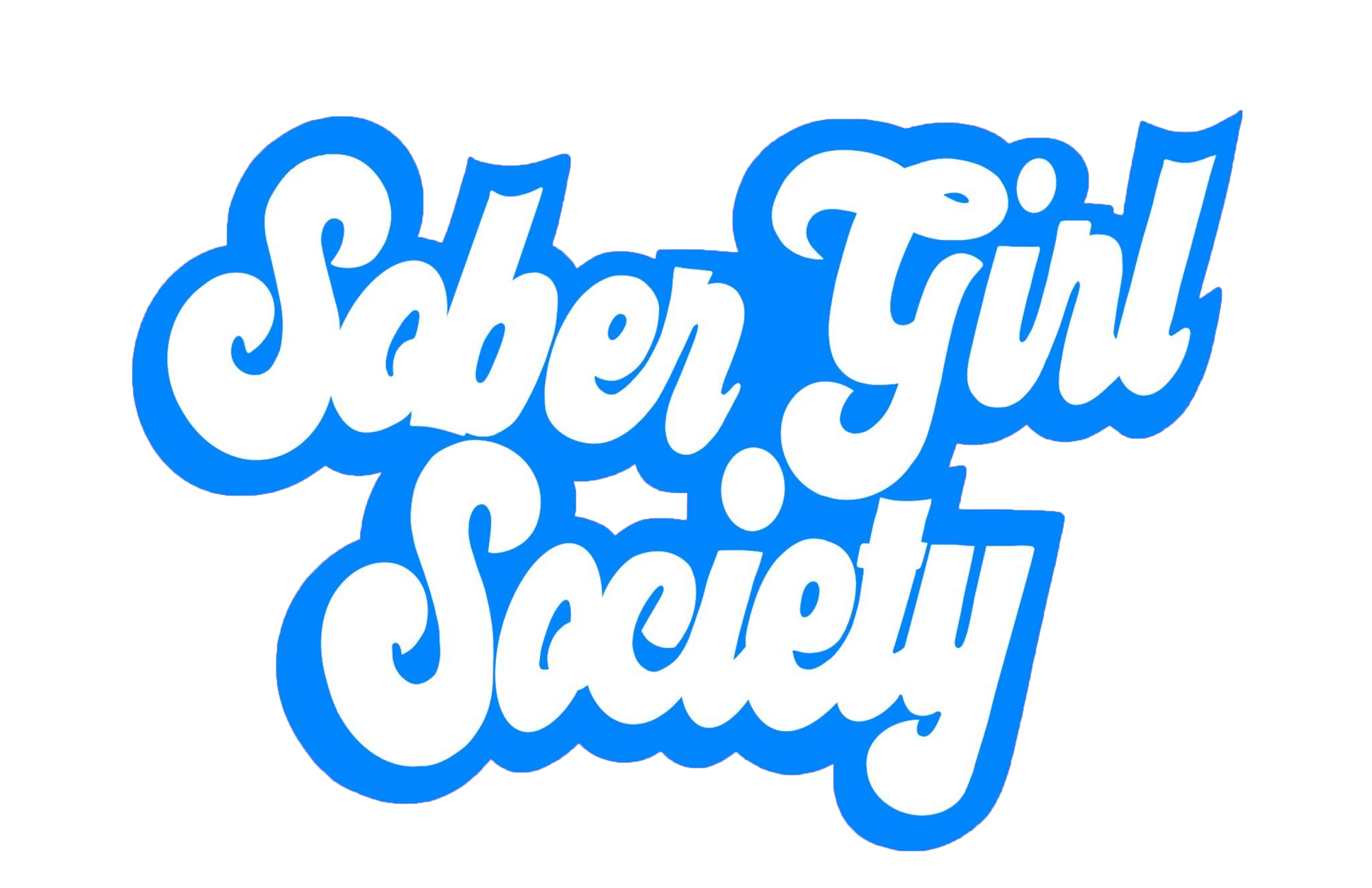I am a sucker for advertising. If it weren’t for Instagram targeted ads, I would never have bought a 50 quid pair of “indestructible” tights that laddered the next week, a pricey hair treatment that made absolutely no difference or the magnetic eyeliner and fake lash combo that are currently shipping their way over to me from China.
We’re constantly being sold a dream. But the worst that can happen if my Insta-glam dreams don’t come true is that I’ve wasted £100 on some dodgy make-up and faulty shapewear. Selling the dream with other products can be far more damaging.
When I was still drinking, I was convinced that what I drank said something about me. As a teen, I sunk glass after glass of wine when I didn’t like the taste so I could be a “grown up” drinker. I forced myself to drink martinis because they knocked them back in Sex and the City. And later I would order whiskey neat, convinced that I was some digestif-swilling sophisticate that would be respected and revered by all she encountered. Where did I learn to associate alcohol with these lifestyles I was so desperate to emulate? Clever branding, marketing and advertising on the part of the alcohol industry.
Advertising is manipulating us into drinking alcohol
Vodka brands show me nights dancing in sexy nightclubs. Gin brands show me afternoons in country gardens with lawn games. Whisky brands show me Highlands evenings whiled away dressed in black tie in wood panelled rooms. This imagery is key for the alcohol industry. Because they’re not saying: “buy this and see what delicious drinks you will enjoy”. They’re saying: “buy this and see what delicious lives you will live.”
Have you ever compared the alcohol aisle in your local supermarket to the tinned goods aisle? Often you will find that there is a faux wood cladding on the shelves where they’re selling booze. Look up – is there the same school-corridor strip lights that illuminate your Heinz beans or is this the only aisle with spotlights? This upgrade in supermarket furniture isn’t always funded by the supermarket. In some cases, it’s paid for by the alcohol industry. Because you’re shopping for booze now, and they want to give you the impression that that represents an upgrade in sophistication.
Sadly, the people most susceptible to this influence are likely to be the most vulnerable. Those who aren’t certain of their identity and desperate for something more. Those who see these images and aspire to be the people within them and therefore start to drink the drinks in order to achieve that goal.
During a time of great emotional stress for many, the 2020 coronavirus pandemic lockdown, the alcohol industry increased their advertising, promoting messages like “Stay in, drink up” and “Wine from home”.
There are rules in place to protect consumers from alcohol advertising. These include not linking the consumption of alcohol to increased popularity, sexual success, confidence, sporting achievements or mental performance. But there are subtle ways the alcohol industry overcome these. For instance, showing a man like David Beckham, George Clooney or Ryan Reynolds looking smoking hot with a glass of spirit in their hands, may not be overtly saying alcohol = sexy. But given that these are considered the most desirable men in the world, the association is implied. All three have advertised spirit brands incidentally.
Another strictly enforced rule is that alcohol ads can’t be directed to those under 18 and anyone featuring in an ad for alcohol must be 25 years or older. But this doesn’t stop children from being exposed to these campaigns.
A Welsh study of 400 primary school children between 10–11 years old, showed the majority of the children recognised alcohol brands and that recognition of certain alcohol brands was higher than that of food brands.
Tackling this issue is a tough one, particularly given the influence and control wielded by the beast that is the alcohol industry. I am a fan of the Loi Évin (or Évin Law to you and me) that was introduced in France in 1991. Under this law alcohol advertising on TV and cinema is prohibited. It also means that drinks brands are allowed to advertise the product but not any lifestyle associated with it. Take a look at the French, Spanish and UK adverts for Aperol below as a demonstration.

Just to be clear, while I have found my life infinitely better without alcohol, I don’t believe it to be the source of all evil. Some people are able to enjoy alcohol in moderation and they should be allowed to do so. But they shouldn’t be led to believe that the cocktail in their hand says something about their lifestyle or personality.
To that end we all, whether sober, sober-curious or drinking, need to be aware of the messaging we are seeing. It’s hard to be unaffected by advertising, we’re wired to succumb to influence, but we can start by actively challenging the beliefs they have built in us.
You can also support the cause by following the research of Alcohol Change UK (which isn’t funded by the alcohol industry) and the Alcohol Health Alliance, who look at the most up-to-date findings and petition for policy changes based on research.
If you see an alcohol advertising campaign that you feel is inappropriate or unfairly gives the impression that the drink will fix your problems, give you success or popularity, you can report it to the advertising standards authority (ASA).
Written by Lauren Windle
Lauren Windle is a journalist, presenter, and author. She’s been sober since April 2014, has a Masters in Addiction Studies from King’s College London and runs a support programme for anyone seeking recovery from addiction in West London. You can connect with her on Instagram and Twitter @_Lauren_Celeste.












